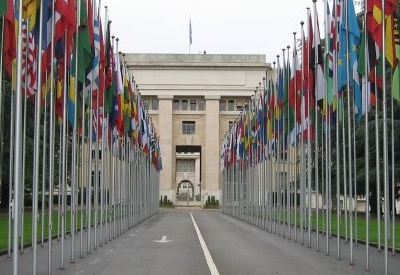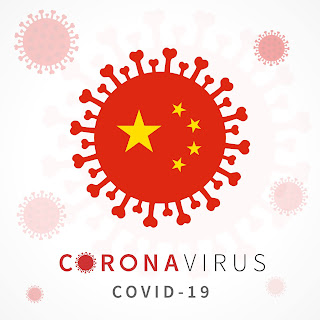China: the Xi Dynasty on cruise control
Observers of China's central government, particularly, under Xi Jinping witness a return to an imperialist demeanour without the pageantry dating back to China's dynastic period. Of course, Marxism would insist on proletarianism at the state level. Mao Zedong recognised the need to reach across all levels of society through mass - line "populist authoritarianism."
To be sure, the central government has been treading carefully since the Tienanmen Square incident and has been strategizing their long-term goals to maximize their muscular workforce. Becoming part of the WTO in 2003 was vital in this step to validation of China as an economic superpower. That has enabled Beijing to expand, modernize, and challenge all actors in the South China Sea region. Now, we can say that the current forcefulness of the Xi regime is a recent phenomenon. However, if we look at the Hu Jintao era, we can see that the recognition of them outlining the nine –dash line began to find their place in the central governments foreign policy. Hu was operating under fixed term limits that would have restricted his options in his movement as head of the central government. So, when Hu finished his term and Xi replaced him in 2012, Xi inherited an administration that was restricted by term limits. He began to set out his goals of strengthening China's position in the South China Sea and did so by reclamation projects on the Spratly Islands along with the goal of capturing Taiwan. For the most part, Xi's imperialistic tack has galvanized the Communist Party of China (CPC) and Chinese citizens. In his second term he has instilled "Xi Jinping Thought" Into the Constitution while also eliminating term limits, thus, providing as much time as necessary to see through his program of the One China Policy.
Despite the recent COVID - 19 coronavirus pandemic, China is still acting very forcefully in the South China Sea region against its neighbors, including, Malaysia, Vietnam and the Philippines. The Chinese Air Force and Navy have been conducting exercises around Taiwan that are sending signals to the Taiwanese, to be on standby. At the moment, the United States has freighters that are disabled because the coronavirus has infected several of the personnel aboard these vessels. While the United States continue to send warships to the SCS region for FONOPS, they United States and allies are at a distinct disadvantage, while they counter the effects of the pandemic, leaving China a wider cleavage to operate out of in the South China Sea region.
Chinese media reports today that Kyrgyzstan and Kazakhstan are part of Chinese territory dating back to the Khan dynasty ..."under the Khan dynasty, 510,000 square kilometre of Kyrgystan, which means the entire country was part of Chinese lands but the Russian empire took over the territory." The article explains "Kyrgystan has borrowed $1.7 billion from Chinese Exim bank which is believed to be 43 per cent of the country's total external debt. When it comes to Kazakhstan, China has an outsized role in its energy sector." Xi's 'Belt and Road Initiative' has received criticism for straddling developing nation-states with untenable debe, leaving them vulnerable to Chinese influence. The "Two Stans" appear to be victims of Chinese generosity.
We can see that, Emperor Xi has his sights set on building China into a new empire that will at the very least compete with the United States, economically. China is trying to portray themselves as good global citizens by providing masks, ventilators, and doctors to some countries that have been affected by the coronavirus. The crux of the matter is that the central government will not accept any responsibility for the outbreak and is now locked in a war of words with the United States, particularly, Secretary of State – Mike Pompeo. Pompeo, has laid blame at China's feet for failing to communicate at the outset of the outbreak of the coronavirus. Indeed, as has been made public, China's officials had silenced doctors who wanted to receive assistance in dealing with this virus, but ultimately were silenced by public officials. In one case, a doctor became infected and has passed away.
Considering Xi's body of work, we can proclaim that China is now in the period of the Xi Dynasty for historical purposes. How the international community will grapple with reparations from China remains to be seen and one element that they can utilize are sanctions. It will be reasonable for those nation-states who have incurred huge deficits to manage loss of jobs, human casualties, will be seeking some sort of monetary reimbursement in the future. Australian Prime Minister Scott Morrison is calling for an international inquiry into the origins of the pandemic and has received subtle warnings from Beijing to back off or face economic consequences. Australian leadership is rallying "middle -powers" to fill the void left by the United States, who appear disinterested, weak, or both in leading the international community during this difficult period.
If the United States steps up their activities in the South China Sea against a belligerent People's Liberation Army, the chance of a mishap leading to a large-scale military engagement, increases significantly. In an election year for Donald Trump, he needs a diversion from the devastated American economy and his own personal troubles related to his tax returns that may become public. Reuters reported today suggesting that money laundering activities related to his business enterprise may compound Trump's legal issaues.





